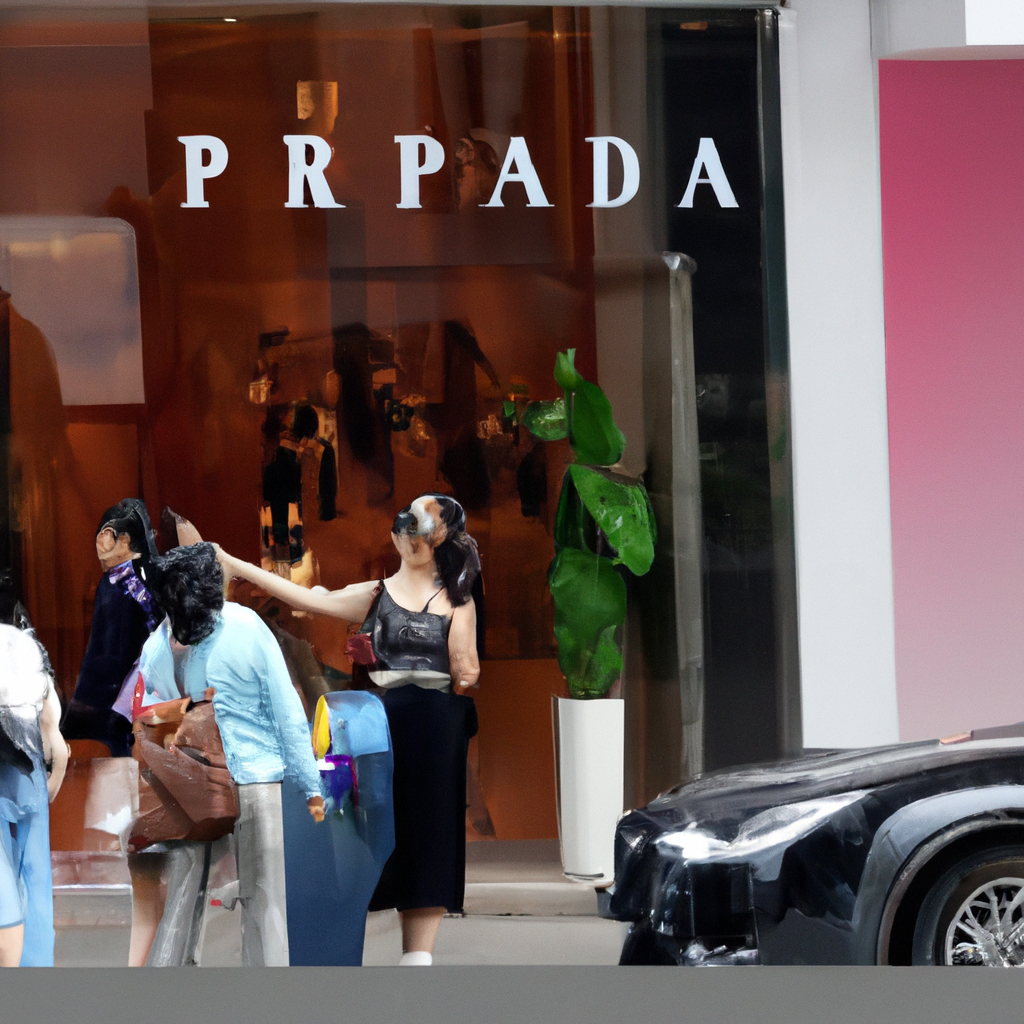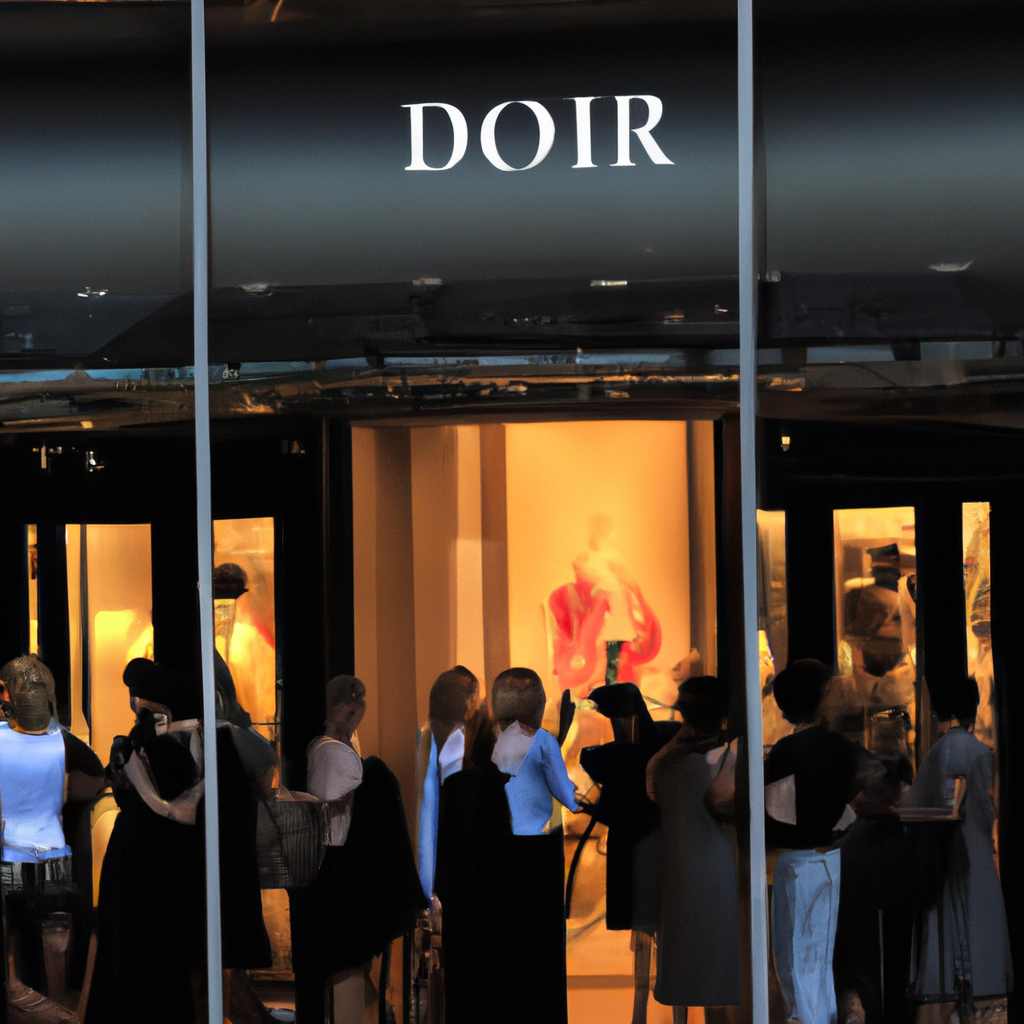Read in your native language
english german italian french spanish mandarin arabic portuguese russian japanese hindi bengali punjabi urdu korean vietnamese thai malay indonesian persian turkish polish ukrainian greek romanian hungarian dutch swedish norwegian finnish danish hebrew czech slovak bulgarian serbian croatian slovenian
Luxury Brands Encounter Declining Sales in China: A Comprehensive Analysis
The recent announcements from major luxury brands such as Hugo Boss, Burberry, Richemont, and Swatch reveal the significant challenges they are facing in the Chinese market. Slumping sales have prompted these companies to reevaluate their strategies. Sales data indicates that Burberry's sales in mainland China plummeted by 21% year-over-year, with other brands reporting similar declines. Contributing factors to this downturn include waning consumer confidence and the prevailing sentiment of luxury shame during economic downturns, reminiscent of the financial crisis in 2008-09 in the Americas.
Stakeholder Perspectives
1. Luxury Brands
- Advantages: Premium positioning allows for greater profit margins on high-end products.
- Challenges: Heavy reliance on the Chinese market exposes vulnerabilities during economic fluctuations.
- Consequences: Declining sales could result in diminished profitability, layoffs, and possible brand dilution through discounting strategies.
2. Chinese Middle-Class Consumers
- Advantages: Increasing disposable income enables more consumers to purchase luxury goods.
- Challenges: Economic uncertainty and workplace instability may impact spending behavior.
- Consequences: Heightened feelings of luxury shame could deter purchases, even among those who can afford them.
3. Global Tourists
- Advantages: A burgeoning tourism sector in regions like Japan can invigorate local economies.
- Challenges: Relying on affluent tourists from China for market growth may pose risks.
- Consequences: Other global markets might suffer if Chinese consumers continue to favor overseas shopping.
Visual Representation
Relevance Assessment
This situation is considered highly relevant as it affects luxury brands today; however, consumer responses mirror historical patterns observed a decade ago, indicating a significant discussion topic. The analysis yields a relevance score of 85%, highlighting the cyclical nature of consumer behavior across generations.
Infographic: Trends in Luxury Spending
- 2017-2021: China's luxury market experienced a threefold increase.
- 2022: COVID-19 restrictions resulted in a dramatic decline.
- 2023: Economic recovery commenced, but spending shifted to overseas markets.
- May 2024: Over half a million tourists from China visited Japan.
In conclusion, the challenges currently encountered by brands such as Hugo Boss, Burberry, Richemont, and Swatch in China illustrate a profound shift in consumer behavior and economic realities. This underscores the urgent need for adaptation and innovation in this turbulent landscape.
Keywords: Hugo Boss, Burberry, Richemont, Swatch, luxury shame, China, luxury spending, consumer confidence, economic downturn.
Author: Andrej Dimov
Published on: 2024-07-29 01:59:49



